Federal Trade Commission (FTC) Chair Lina Khan announced yesterday that there will be a Special Open Commission Meeting held on April 23 to vote on whether to issue a final version of the January 2023 proposed rule that would ban employers from using noncompete clauses for their employees. “The proposed final rule being considered would generally prevent most employers from using noncompete clauses,” said the Open Commission Meeting’s event description. “As the Notice of Proposed Rulemaking explained, noncompetes are a widespread and often exploitative practice that suppresses wages, hampers innovation, and blocks entrepreneurs from starting new businesses.”
On April 16, the U.S. Department of Commerce announced that the Biden Administration had issued a notice of funding opportunity (NOFO) earmarking $54 million in funds available under the CHIPS and Science Act to fund advances in measurement technologies critical to semiconductor production. These funds, administered via grant through the Small Business Innovation Research (SBIR) program, are expected to improve U.S. leadership in computer chip manufacturing by mitigating production defects and increasing production yields.
The U.S. Court of Appeals for the Fourth Circuit on Monday rejected Timberland’s bid to protect its popular boot design. The court explained that the district court did not err in finding that the company failed to prove the design had acquired distinctive meaning…. According to Monday’s ruling, the boot’s design lacks “a distinctive meaning” that identifies them as Timberlands. While the brand’s distinct tree logo remains protected under the Lanham Act, the boot’s design falls short of being “distinguishable” enough to earn the same protection.
The U.S. Supreme Court today reversed an en banc decision of the U.S. Court of Appeals for the Federal Circuit (CAFC) in which Judge Pauline Newman dissented, a development Newman’s lawyers say belies CAFC Chief Judge Moore’s opinion that Newman is mentally unfit to serve on the court. The en banc decision was an appeal from the United States Court of Appeals for Veterans Claims in which Judges Newman and Reyna each separately dissented.
The Senate Judiciary Committee’s Subcommittee on Intellectual Property today held a hearing featuring eight witnesses who testified about the need to restore certainty to U.S. patent eligibility law. Most, but not all, agreed such a need exists and urged quick passage of the Patent Eligibility Restoration Act of 2023 (PERA). Senators Chris Coons (D-DE) and Thom Tillis (R-NC) introduced PERA in June of last year. The bill would eliminate all judicially-created exceptions to U.S. patent eligibility law.
An en banc panel of the U.S. Court of Appeals for the Federal Circuit (CAFC) today heard arguments from LKQ Corporation, the U.S. government and GM Global Technology Operations in a case that could change the test for assessing design patent obviousness. The judges seemed interested in tweaking the existing “Rosen-Durling” test but struggled with getting the parties to clearly articulate a replacement approach that wouldn’t be potentially just as bad. The so-called Rosen-Durling test for design patent obviousness requires that, first, under In re Rosen (C.C.P.A., 1982), courts identify a prior art reference “the design characteristics of which are basically the same as the claimed design.” Next, under Durling v. Spectrum Furniture Co., 101 F.3d 100, 103 (Fed. Cir., 1996)), if such a reference is identified, the court must consider whether it can be modified based on other references to come up with “the same overall visual appearance as the claimed design.”
Speakers at IPWatchdog’s PTAB Masters 2024 program this week predicted there will be little movement on the U.S. Patent and Trademark Office’s (USPTO) Advance Notice of Proposed Rulemaking anytime soon, but some pinned their hopes for change at the Patent Trial and Appeal Board (PTAB) to the pending Promoting and Respecting Economically Vital American Innovation Leadership (PREVAIL) Act. Both panelists who typically represent petitioners and those who represent patent owners at the PTAB also agreed there are a number of ways the perception of the Board could be improved. These could include changes like allowing oral argument more often, allowing experts to testify in person, and a more meaningful rehearing procedure, for example.
While many see intellectual property merely as a shield, its greater power rests in its strategic use to spark innovation and propel business growth. In this article I describe a systematic approach for developing IP strategies that are tailored to the technology and objectives of each business, so that the resulting IP can be used to drive the achievement of those goals.
The U.S. Supreme Court on Monday denied a petition that challenged the U.S. Court of Appeals for the Ninth Circuit’s decision that found a district court had authority to impose $36 million in sanctions for abusive litigation practices in a trademark case. The underlying case relates to AECOM Energy & Construction, Inc.’s (AECOM) suit against Gary Topolewski, who owned a clothing business called Metal Jeans, Inc., for infringing use of trademarks associated with AECOM’s predecessor, Morrison Knudsen Corporation.
The U.S. Patent and Trademark Office (USPTO) announced today that it will be publishing a Notice of Proposed Rulemaking (NPRM) tomorrow aimed at formalizing the rules governing Director Review of Patent Trial and Appeal Board (PTAB) decisions under the America Invents Act (AIA). In July 2021, the USPTO announced that it would be implementing an interim rule at the agency in response to the U.S. Supreme Court’s late June 2021 decision in Arthrex v. Smith & Nephew. In the Arthrex ruling, the Court found that the constitutional Appointments Clause violation created by the process for appointing administrative patent judges (APJs) to the PTAB was best cured by review of APJ decisions by the USPTO Director. The interim rule began the process of determining how that review process would play out during the day-to-day operations of the PTAB.
U.S. Patent and Trademark Office (USPTO) Director Kathi Vidal has released a guidance memorandum for the Trademark and Patent Trial and Appeal Boards (TTAB and PTAB) on the misuse of artificial intelligence (AI) tools before the Boards that largely clarifies the application of existing rules to AI submissions. The announcement is a precursor to a coming Federal Register Notice that will provide additional guidance on the use of AI tools for the public and other USPTO departments. The guidance document suggests that part of its impetus was Supreme Court Chief Justice John Roberts’ recent year-end report, which acknowledged both the benefits and dangers of AI in the context of the legal profession.
The Judicial Conference of the United States’ Committee on Judicial Conduct (Conference) and Disability issued its decision today in Judge Pauline Newman’s appeal of the Judicial Council of the U.S. Court of Appeals’ (Council) September 2023 decision to suspend her from all cases. Federal Circuit Chief Judge Kimberly Moore first identified a complaint against Newman in April 2023. IPWatchdog was the first to break the news, and the court soon published a statement responding to media reports and making previously sealed documents public…. Today’s decision denied Newman’s petition for review of the Council’s decision, holding that the Council did not abuse its discretion in refusing to transfer the proceedings to a different circuit, that Newman has not shown good cause for her failure to cooperate, and that the sanction did not exceed the Judicial Council’s authority.
February 6 is the final day of the 60-day public comment period set by the National Institute of Standards and Technology’s (NIST) request for information on its draft interagency framework for exercising march-in rights under the Bayh-Dole Act of 1980. While lauded by drug pricing advocates, almost every other sector of the American economy has come out in opposition to the draft framework. Senator Thom Tillis (R-NC), the U.S. Chamber of Commerce and the Bayh-Dole Coalition have all publicly opposed NIST’s efforts to exercise legal authority for relicensing patent rights based on product pricing considerations.

IPWatchdog Events
Webinar: Benchmarking the Value of IP – How In-house and Outside Counsel Measure Efficacy and Impact
May 2 @ 12:00 pm - 1:00 pm EDT
Subscribe to IPWatchdog
This is the best way to stay informed. We send a daily roundup of our latest news, press releases, and events.
Get Email Updates
IPWatchdog Events
Webinar: Benchmarking the Value of IP – How In-house and Outside Counsel Measure Efficacy and Impact
May 2 @ 12:00 pm - 1:00 pm EDT
Recent Podcasts


![[IPWatchdog Logo]](https://ipwatchdog.com/wp-content/themes/IPWatchdog%20-%202023/assets/images/temp/logo-small@2x.png)
![[Advertisement]](https://ipwatchdog.com/wp-content/uploads/2024/04/Patent-Litigation-Masters-2024-banner-early-bird-ends-Apr-21-last-chance-938x313-1.jpeg)

![[Avatar for Wen Xie]](https://ipwatchdog.com/wp-content/uploads/2022/01/XIE-Wen-Xie-Global-IP-Counselors-square-scaled-1.jpg)
![[Avatar for Madeleine Key]](https://ipwatchdog.com/wp-content/uploads/2022/02/Madeleine-Key-Head-Shot.jpg)
![[Avatar for Randall Rader]](https://ipwatchdog.com/wp-content/uploads/2019/10/Randall-Rader-copped.jpg)
![[Avatar for Gene Quinn]](https://ipwatchdog.com/wp-content/uploads/2015/05/Gene-09-19-2023-1-copy-1.jpeg)
![[Advertisement]](https://ipwatchdog.com/wp-content/uploads/2019/07/Write-IPWatchdog.jpg)
![[Avatar for Michael Snyder]](https://ipwatchdog.com/wp-content/uploads/2021/07/Snyder_Mike_8x10-scaled-e1643915706807-1.jpg)
![[Advertisement]](https://ipwatchdog.com/wp-content/uploads/2021/12/Ad-5-The-Invent-Patent-System™.png)



![[Advertisement]](https://ipwatchdog.com/wp-content/uploads/2021/12/WEBINAR-336-x-280-px.png)

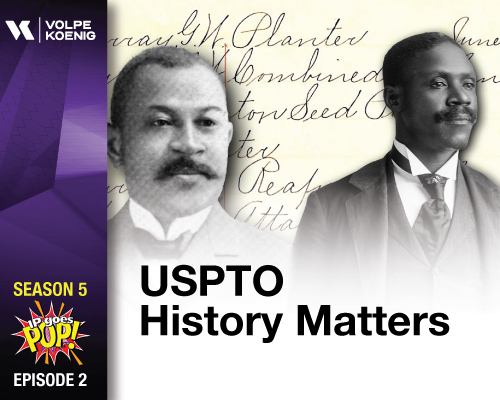
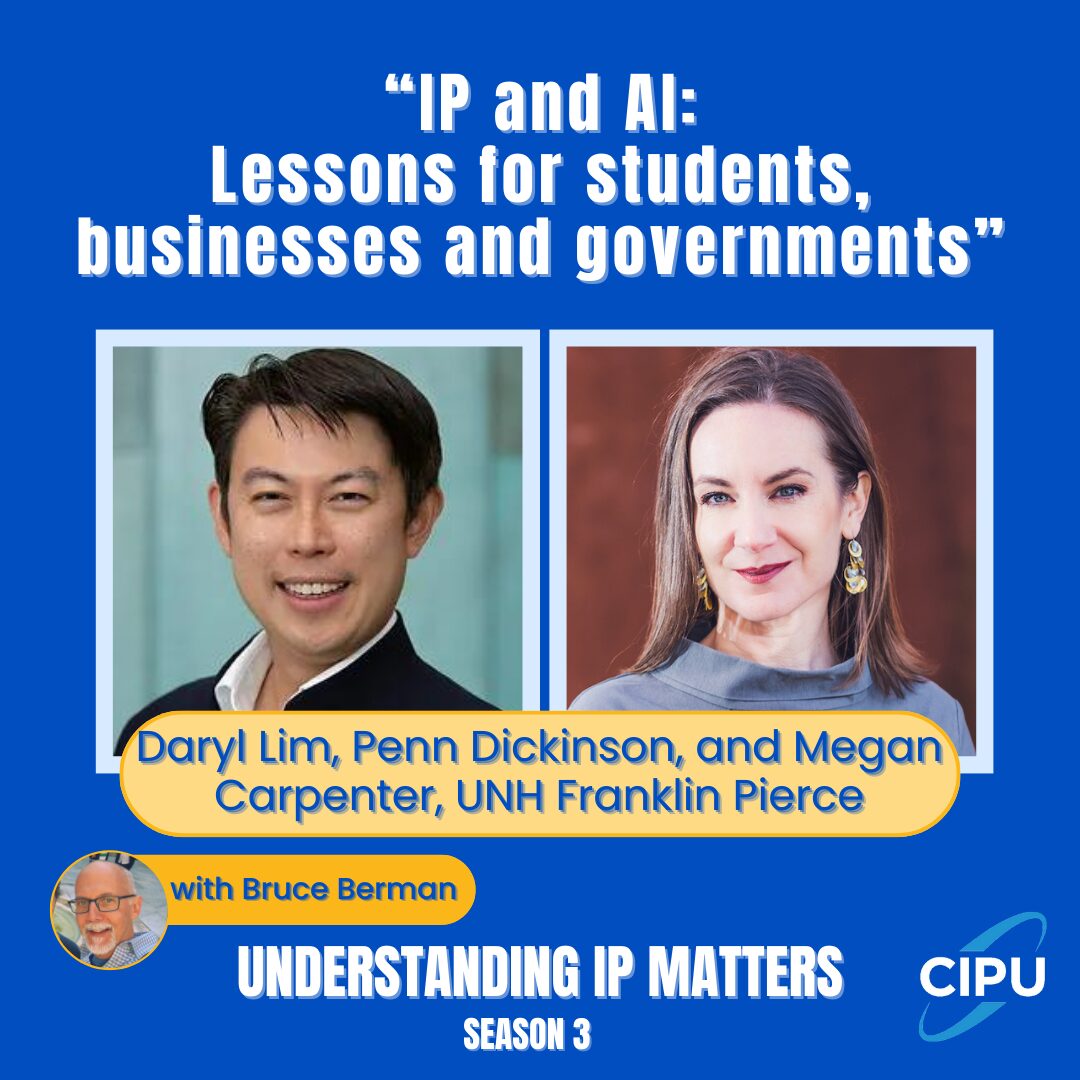

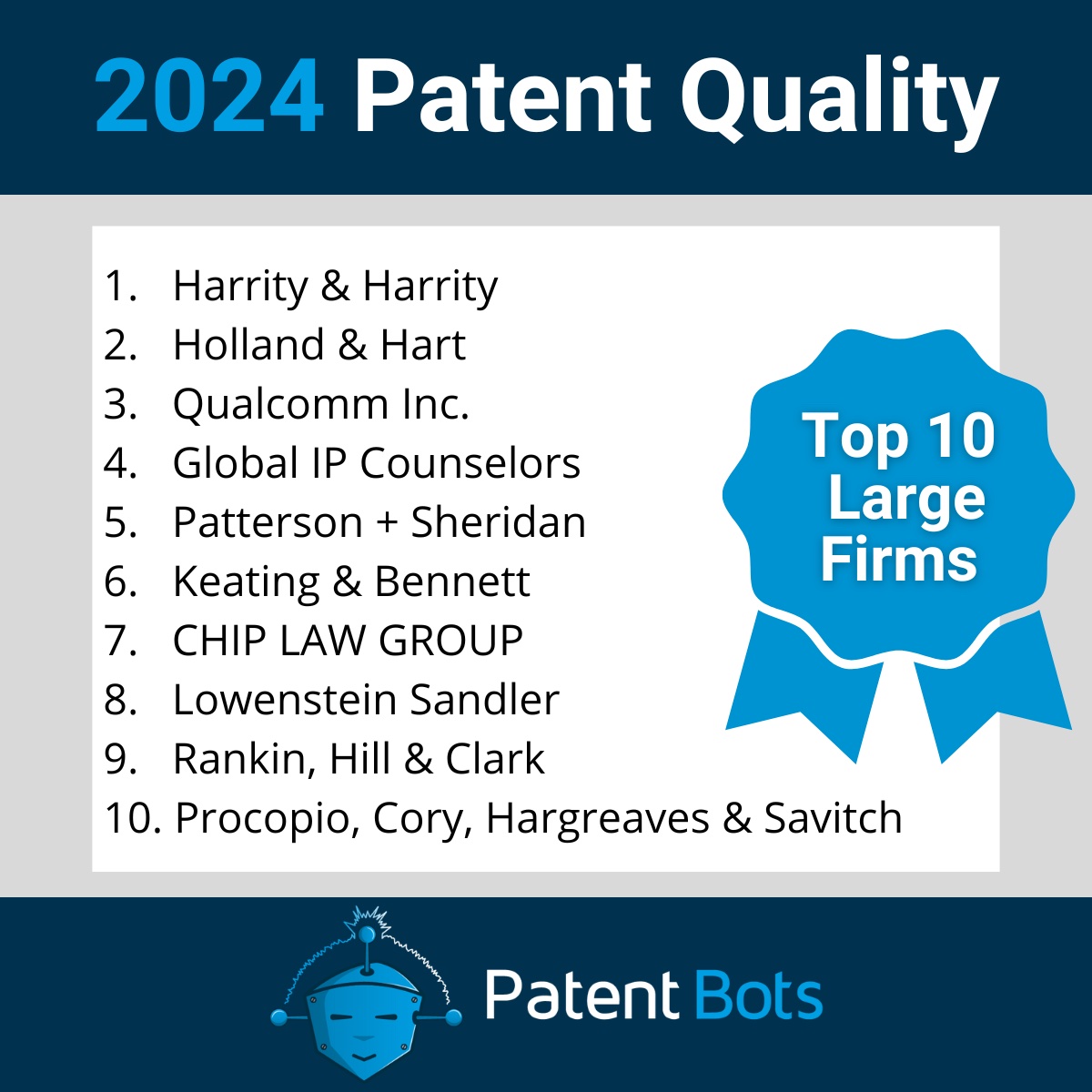

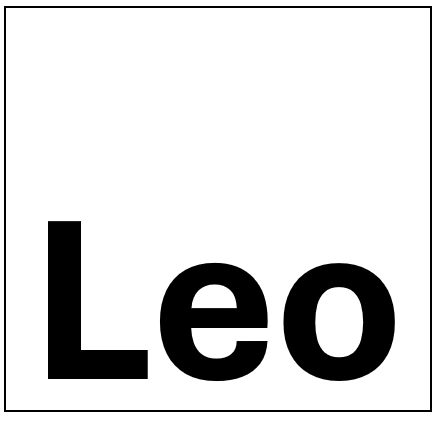

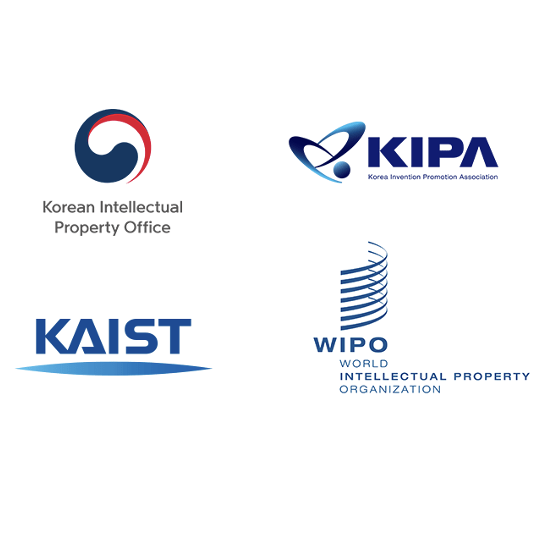
![[Advertisement]](https://ipwatchdog.com/wp-content/uploads/2021/12/2021-Patent-Practice-on-Demand-recorded-Feb-2021-336-x-280.jpg)
